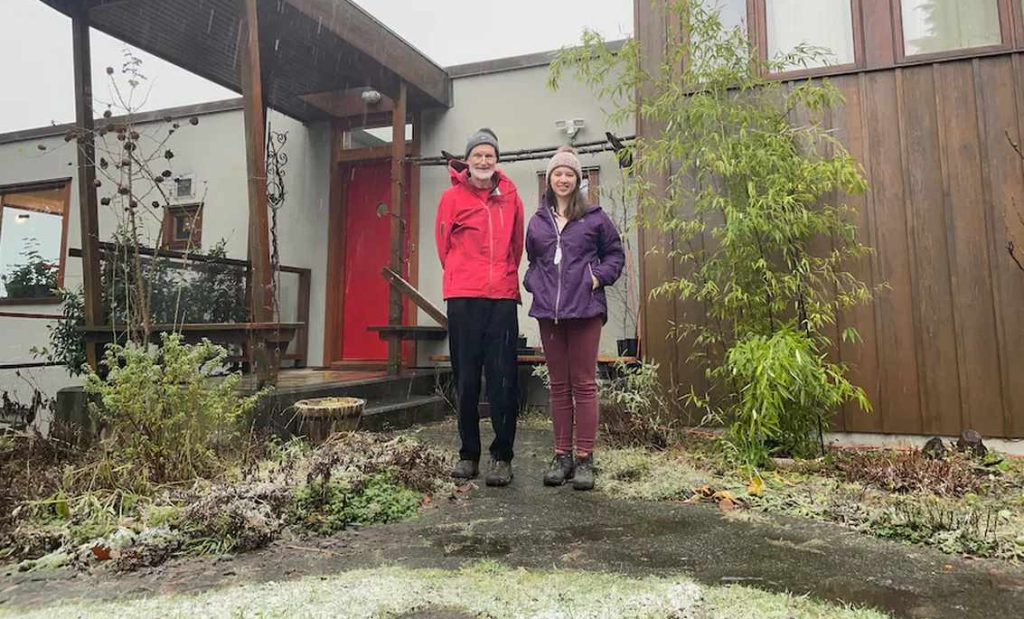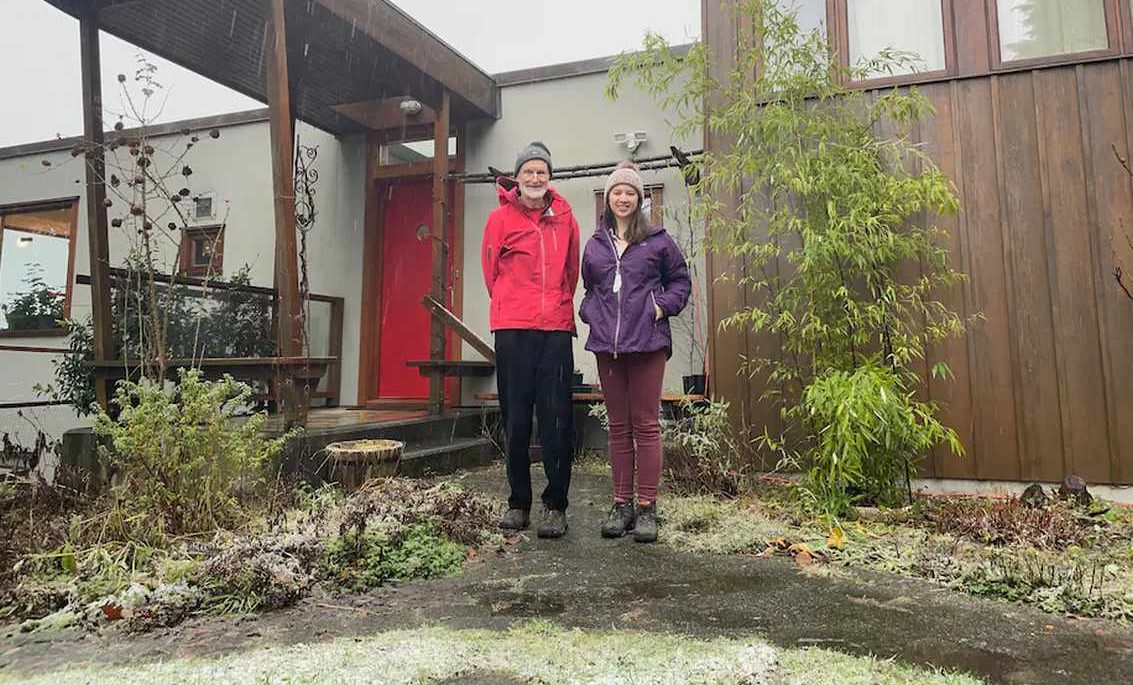
The latest housing trend in America has nothing to do with décor, or “open concepts,” but rather the rise of intergenerational roommates.
Described as separated by at least one generation, intergenerational roommate arrangements are growing in the United States, and intergenerational houses have quadrupled since 1971.
Pick your explanation—growing isolation among the elderly, eternally rising rents almost anywhere near a coastal city, average life-expectancy increasing, an aging population, decreased birth rate, or rising college tuition, the fact of the matter is that older folks have space available, and tend to be happy to have a young person around.
In March 2021, there were 59.7 million U.S. residents who lived with multiple generations under one roof.
“It was perfect—Judith has become like my family,” said Nadia Abdullah, a 25-year-old robotics student in Massachusetts who in 2019 moved in with the 64-year-old attorney, Judith.
CHECK OUT: 95-Year-old Holocaust Survivor Has a Roommate: a 31-Year-old Granddaughter of Nazis
The arrangement of $700 a month plus help around the house has put her just 6-miles from Boston, and 30 minutes from her robotics job in Beverly Mass.
Judith and Nadia were matched together thanks to Nesterly, a renting hub specifically designed to create intergenerational roommates.
“Through Nesterly, I lived with Sarah while attending Harvard,” writes a young Nesterly reviewer named Kaplan who provided the exact sort of insight into the service one would imagine. “She provided the type of repository of knowledge you just can’t Google—showing me how to garden, to gut a fish, and inject French Romanticism into life.”
The Washington Post details that an opera singer and other musicians in training were able to live rent-free in a retirement community on the arrangement that they perform concerts for the residents every so often.
Canada HomeShare is a similar service that paired 85-year-old Michael Wortis, a retired physics professor from Burnaby, B.C., with 27-year-old Siobhan Ennis, a health sciences graduate student who by moving in with Wortis got to bail out of a shared home with 3 extra roommates.
RELATED: Young Neighbor Invites Ailing 89-Year-Old Woman to Move In
Biologically-speaking, an arrangement such as Ennis and Wortis is kind of the natural state of humanity.
While almost all animals rapidly die off after they become too old to procreate, humans are capable of living decades beyond the point of infertility. Scholars believe this is because our intelligence and life experiences, imparted into the next generation, acts as a secondary way to ensure our genetics are passed on; i.e. if you can live long enough to explain to your children and grandchildren exactly which mushrooms they can eat, which snakes are poisonous, how to hunt with a bow and arrow, those offspring will have a better chance of survival than a parallel family unit who lose their parents early on.
SHARE The Wisdom Of This Trend On Social Media…




















